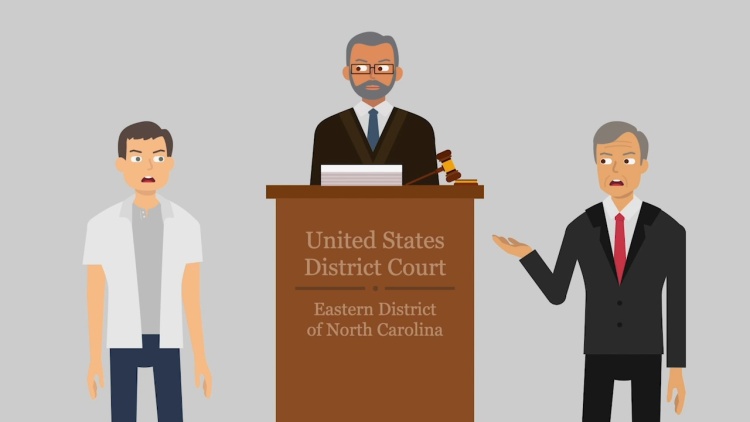Allen v. Cooper
United States Supreme Court
140 S.Ct. 994 (2020)
- Written by Liz Nakamura, JD
Facts
The pirate Blackbeard’s ship, Queen Anne’s Revenge, sank off the coast of North Carolina in 1718. In 1996, marine salvage company Intersal, Inc. discovered the wreck. By law, the State of North Carolina (defendant) owned the wreck, and it engaged Intersal to recover it. Intersal hired Frederick Allen (plaintiff), a videographer, to document the recovery operation. Over the next decade, Allen took videos and photos of the recovery efforts, all of which he copyrighted. North Carolina used several of Allen’s photos and videos without permission. Allen sued North Carolina in federal court for copyright infringement, arguing that the Copyright Remedy Clarification Act of 1990 (CRCA) abrogated North Carolina’s immunity to copyright-infringement suits. North Carolina moved to dismiss Allen’s lawsuit on the grounds of sovereign immunity and challenged the constitutionality of CRCA. The district court ruled that Allen’s suit could proceed and upheld CRCA under Section 5 of the Fourteenth Amendment as a valid exercise of Congress’s power to protect copyrights. The Fourth Circuit reversed on appeal, holding that CRCA’s abrogation of state sovereign immunity was disproportionate to the Fourteenth Amendment property injury it sought to remedy. The Supreme Court then granted certiorari. It was undisputed that Congress, before passing CRCA, had only found minimal evidence of states intentionally violating copyrights.
Rule of Law
Issue
Holding and Reasoning (Kagan, J.)
What to do next…
Here's why 907,000 law students have relied on our case briefs:
- Written by law professors and practitioners, not other law students. 47,100 briefs, keyed to 996 casebooks. Top-notch customer support.
- The right amount of information, includes the facts, issues, rule of law, holding and reasoning, and any concurrences and dissents.
- Access in your classes, works on your mobile and tablet. Massive library of related video lessons and high quality multiple-choice questions.
- Easy to use, uniform format for every case brief. Written in plain English, not in legalese. Our briefs summarize and simplify; they don’t just repeat the court’s language.





